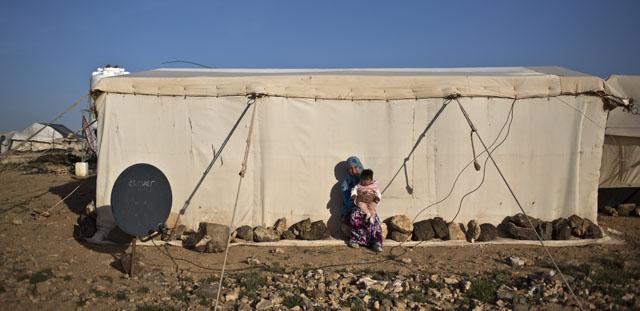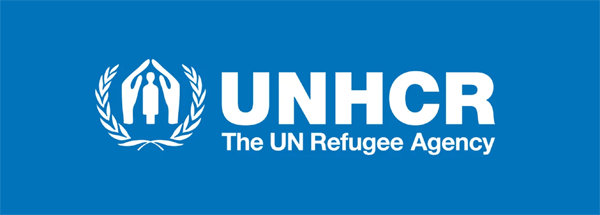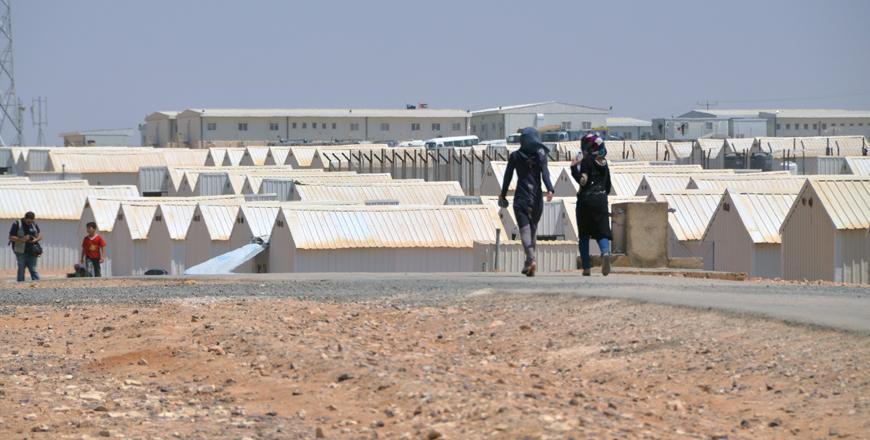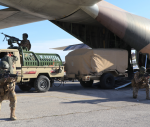You are here
‘Bridging Adversity to Resilience’: CARE Jordan releases 12th Annual Needs Assessment
By JT - Apr 29,2024 - Last updated at Apr 29,2024
AMMAN — CARE Jordan’s 2023 Annual Needs Assessment was launched on Thursday, Amman, under the patronage of Marieke Zimburg, Austrian ambassador to Jordan, making it the twelfth iteration of a series of assessments aimed at addressing the needs of vulnerable communities across Jordan, including Jordanians, Syrian refugees in urban areas and Azraq camp, as well as other minority refugees’ nationalities including Iraqi, Yemeni, Somali and Sudanese, according to a statement for The Jordan Times.
CARE Jordan’s data collection efforts for 2023 reached into new areas of the Kingdom, including underserved regions in the South, such as Karak and Tafileh.
“The assessment highlights the general need to reduce aid dependency and intensify financial inclusion and income generation opportunities, as well as bolster social cohesion approaches between refugees and the host community, with resilience-based, cross-sectoral interventions.” Christine Fernandes, acting country director for CARE Jordan, said.
Key findings from the 2023 assessment focus on insights across various thematic areas, particularly protection. While there have been improvements in the well-being of Jordanians and Iraqi refugees since 2020, many refugees in the camps have witnessed a decline.
Almost 17 per cent of refugees reported a higher sense of discrimination based on their nationality, race, or ethnicity, demonstrating an increase compared to previous years. Gender inequalities remain clear, with female respondents (21.1 per cent) experiencing a higher rate of discrimination compared to males (11.3 per cent).
Climate change worsens existing social and economic vulnerabilities, with water scarcity remaining a critical issue, especially in Azraq town and Mafraq. In particular, those surveyed had little awareness of early warning systems for climate-related risks, according to the statement.
The assessment also says that the access to work permits continues to be a challenge in Jordan, with 47.0 per cent of refugee respondents expressing the need for work permits, reflecting an increase compared to previous years, while economic inactivity rates among individuals with disabilities stand at 75.1 per cent, representing an increase compared to previous assessments.
Critically, increased food prices have drastically changed household financial budgets and plans for families, with spending on food surpassing rent costs in 2023, highlighting a concerning shift from previous years, the statement said.
This comprehensive assessment not only provides key insights but also serves as a critical roadmap for CARE Jordan’s future efforts in supporting and empowering communities.
Established in 1948 in the wake of the Palestinian crisis, CARE Jordan today leads a unified humanitarian and development response to sustainably support vulnerable Jordanian and refugee populations, expand effective partnerships, and enhance empowerment programming, especially for women and girls.
Related Articles
The UN World Food Programme (WFP) has announced that its food assistance for Syrian refugees living in Jordanian communities will be prioritised further to make sure support goes to those most in need.
AMMAN — Warning of dire consequences for refugees, the United Nations High Commissioner for Refugees (UNHCR) in Jordan on Tuesday called for
AMMAN — More than 3,000 Syrian refugees have returned to Azraq Refugee Camp from urban areas in the first half of the year, the UNHCR said i

















